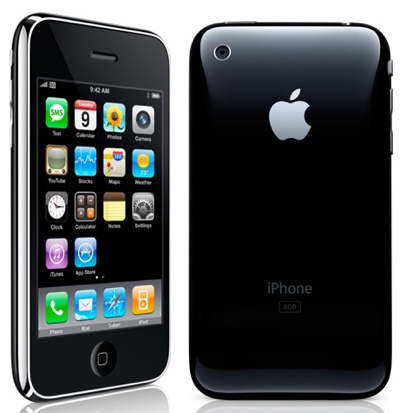Who is the Biggest Loser Anyways??
 Thursday, April 29, 2010 at 10:59AM
Thursday, April 29, 2010 at 10:59AM  body image,
body image,  body satisfaction,
body satisfaction,  culture,
culture,  dieting,
dieting,  exercise,
exercise,  love,
love,  media
media  Thursday, April 29, 2010 at 10:59AM
Thursday, April 29, 2010 at 10:59AM  body image,
body image,  body satisfaction,
body satisfaction,  culture,
culture,  dieting,
dieting,  exercise,
exercise,  love,
love,  media
media  Sunday, April 18, 2010 at 03:36PM
Sunday, April 18, 2010 at 03:36PM  "I have been SO bad today!" "I ate soo much yesterday, I cannot possibly eat today." "After that breakfast, I'm good until dinner!" How many times have you heard these kinds of comments, or made them yourself?? These are comments that we probably have all made at some point, and have also probably heard someone else make. So what's the problem with this kind of thinking about food?? Well, aside from being a form of 'fat-talk', this kind of thinking is very black-and-white, which is not usually an effective way to think about things. We see each decision or action as a total success or a total failure, which is rarely ever the case.
"I have been SO bad today!" "I ate soo much yesterday, I cannot possibly eat today." "After that breakfast, I'm good until dinner!" How many times have you heard these kinds of comments, or made them yourself?? These are comments that we probably have all made at some point, and have also probably heard someone else make. So what's the problem with this kind of thinking about food?? Well, aside from being a form of 'fat-talk', this kind of thinking is very black-and-white, which is not usually an effective way to think about things. We see each decision or action as a total success or a total failure, which is rarely ever the case.
 Sunday, April 4, 2010 at 03:13PM
Sunday, April 4, 2010 at 03:13PM  Apple has secured a pretty dominant place in pop culture (and the world of technology!) and continues to do so with every increasing product that they put out--it's hard to imagine life without the iPod:). Just yesterday, the iPad came out and people woke up in the middle of the night to go wait in line to purchase one. There are many perks of having an iPad (or an iTouch, or an iPhone, etc)- one of them is that you can download applications, or 'apps' as they are commonly referred to. There are over 3 billion (!!), and they serve a variety of purposes (entertainment, news, health, finance, etc).
Apple has secured a pretty dominant place in pop culture (and the world of technology!) and continues to do so with every increasing product that they put out--it's hard to imagine life without the iPod:). Just yesterday, the iPad came out and people woke up in the middle of the night to go wait in line to purchase one. There are many perks of having an iPad (or an iTouch, or an iPhone, etc)- one of them is that you can download applications, or 'apps' as they are commonly referred to. There are over 3 billion (!!), and they serve a variety of purposes (entertainment, news, health, finance, etc).
 Saturday, March 6, 2010 at 06:13PM
Saturday, March 6, 2010 at 06:13PM I wanted to let you all know of a cool opportunity (media inquiry) that I have read about it in a few different places recently-- read below to find out about how you might help out a reporter writing a story on the link between mothers and daughters and body image/eating disorders.
Best, Diana Kapp"
 Friday, February 26, 2010 at 01:02AM
Friday, February 26, 2010 at 01:02AM